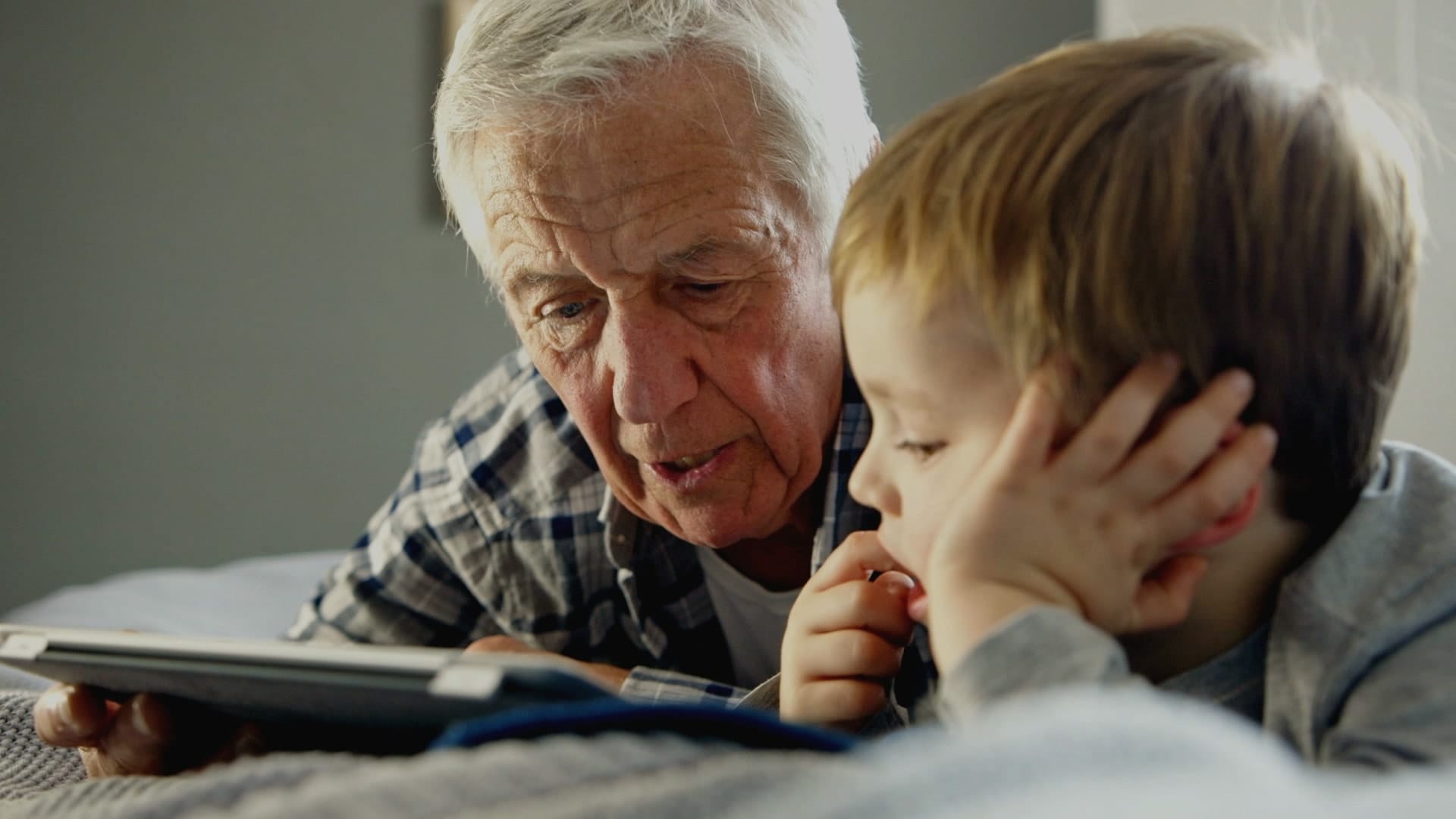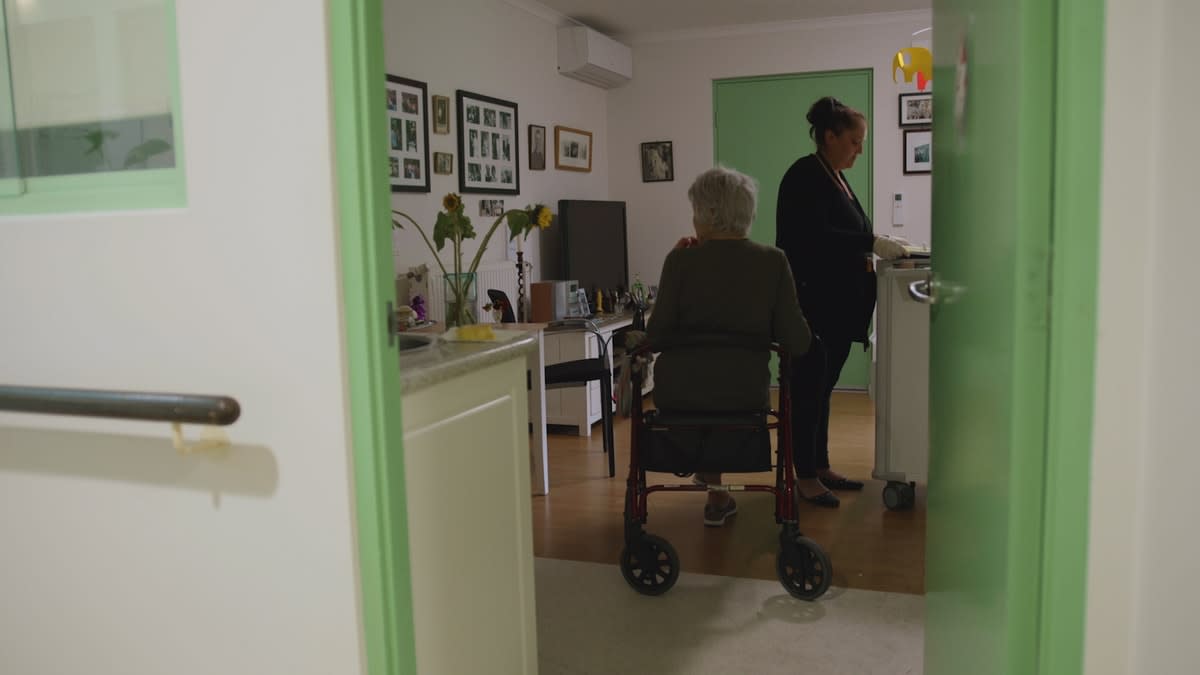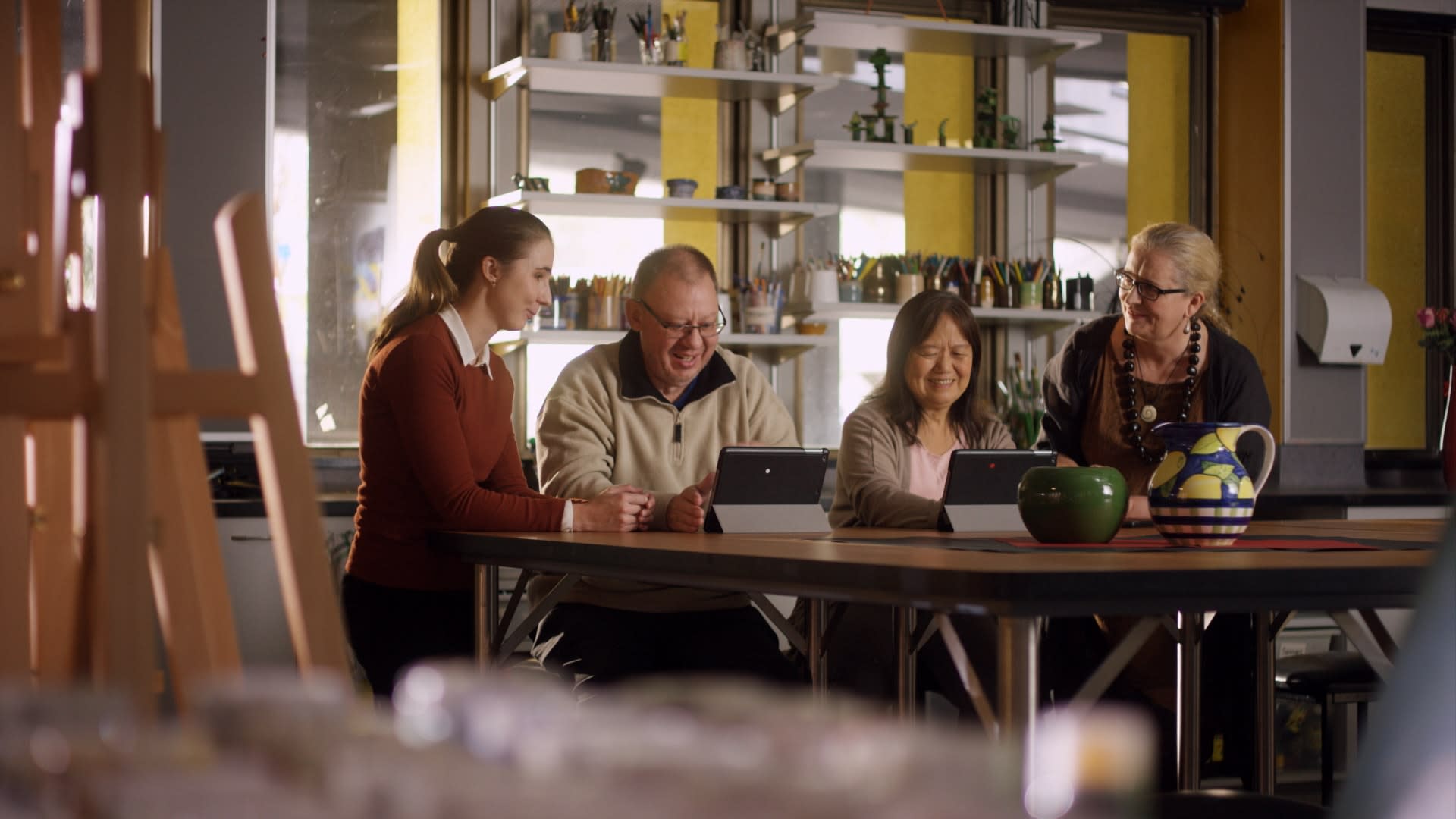
It’s not as though it should come as any kind of surprise. An ageing population is one of the results of successful public health interventions. And with this increasing older society come many challenges.
Everything we planned and implemented in the past – hygiene, potable water, sewerage, controlling waste, improving nutrition, and scientific and medical breakthroughs – have all had significant flow-on effects that mean we’re living longer and growing older.
Like climate change, we’ve known the "silver tsunami" has been coming for a long time now and, like climate change, we've largely ignored it to the point where we now find ourselves ill-prepared to handle it.
For all the advances in medicine and health that have allowed us to live longer, the attendant governance and structures to address the challenges of longer lives have never been properly developed – not in how we care for the elderly, the frail or those with disability or dementia who are in our custody; not in the workforce, including superannuation; and not in our family dynamics.
It's a situation that Professor Joseph Ibrahim struggles to understand, and one that's led to the crisis in Australia’s residential aged care sector in particular, and the Royal Commission into Aged Care Quality and Safety.
Read more: Aged care royal commission benefits Generation X: it's too late for the silent generation
And we’re only really at the start of the profound and seismic demographic shift that will put more pressure on the system in the future.
In 1950, eight per cent of the world’s population was aged 60 years or older. By 2013 it had reached 12 per cent, and by 2050 it's projected to reach 22 per cent, or two billion people.
“One of the challenges with having an older population is that it’s the first time it's occurred on this scale nationally and globally, but we’re poorly prepared for it,” Professor Ibrahim says. “We weren’t expecting it, and you have to wonder why we weren’t expecting it.”
A lack of engagement
Professor Ibrahim, who heads the Health Law and Ageing Research Unit in Monash University’s Department of Forensic Medicine, says he's disappointed by the levels of interest and engagement from government and the community in aged care.

“Why aren’t we making more of an effort to help people live a better life in their final years?” he asks.
“We invest heavily and we promote heavily end-of-life care and the importance of death literacy and having conversations so that we’re not scared of death, but we invest almost nothing in helping people live as good a life or as happy a life as they can in their last years.
“I think our focus ought to be on investing in helping people live the best last years of their lives, rather than dying in the best possible ways.”
One in five older Australians is lonely or isolated, and this number is estimated to significantly rise with the ageing population.
He says it's particularly apparent in aged residential care, “where people that enter it have a lifespan of roughly two-and-a-half years”.
“They’re seen as places where you wait to die. People consider them as places where we warehouse older people or where we farm them … for profit.
“These are broad generalisations, but they're reflections of society’s views as a whole – we don’t really think of geriatrics as people. And when we stop thinking of them as people, then the issue around their rights, and what makes them happy, falls by the wayside.”
The risks of an ageist society
It's a failure reflected in Barbara Neves’ research into loneliness and isolation in older Australians living in care homes, in which she's been confronted with the phrases “I’m unwanted”, “I feel dumped” and “I’m just here alone, waiting to die”.
In a recent paper published in the Journal of Ageing Studies, Dr Neves, who recently joined Monash University as a senior lecturer in sociology, explored the lived experiences of loneliness and social isolation through a sociological lens.
These, she says, are important issues, as they result in “social exclusion, reduced wellbeing and significant health problems” for older Australians.
“According to the latest research, loneliness increases the risk of dementia by almost 50 per cent for the older population,” she said.

“One in five older Australians is lonely or isolated, and this number is estimated to significantly rise with the ageing population, yet we're still not devoting enough attention and resources to these pressing social issues.
“In a society obsessed with being ‘young’, this isn't surprising. When I present my research, I often encounter comments that show that ageism – from ‘Why am I not studying children instead’, to simplistic assumptions about technology and ageing.”
Dr Neves has a particular interest in how older Australians can stay connected using technology, including the use of virtual reality and robotic companions.
Related: Smart homes: innovation, evaluation and real-life experience
But she's careful to point out that technology is just “one of the tools to help us address critical social issues such as loneliness and isolation in later life”.
“Technology is not enough. We need combined social efforts to change the script about ageing; to act on loneliness and isolation and to ensure that technology is linked with social inclusion and justice.
“Together, we can be at the forefront of improving the inclusion and quality of life of current and future older Australians so they never feel ‘forgotten’, ‘dumped’ or ‘just waiting to die’.”





